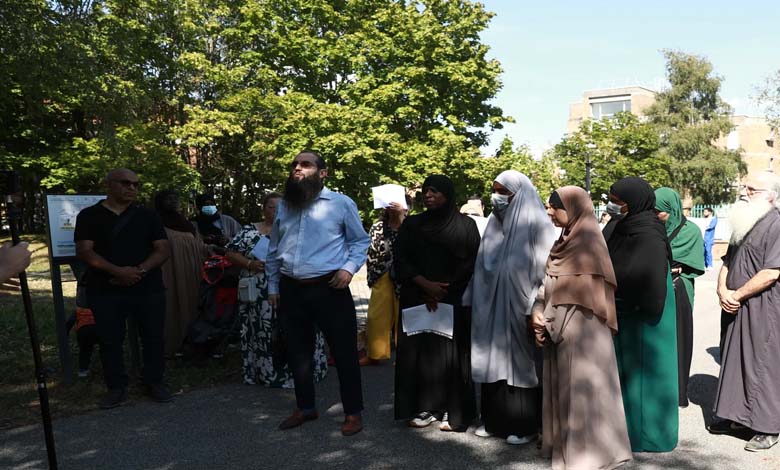The Ban on Abaya in France: Strengthening Secularism or Cultural Targeting?

With the start of the new school year in France on September 4th. the decision to prohibit the wearing of abayas and long shirts in French educational institutions comes into effect.
The French Minister of National Education. Gabriel Attal, has chosen to ban the wearing of abayas and long shirts in schools in his country. arguing that it signifies “religious affiliation in a school environment.” He sees this measure as a reinforcement of secularism. which he defines as “the freedom to liberate oneself through education.” The French government. particularly President Emmanuel Macron. also strongly supports the strict enforcement of this ban.
However, this decision by the Minister of Education has sparked criticism and debates. especially within left-wing political parties and among some French minorities. including the Muslim community. The director of the French Council of Muslim Worship rejects the idea that abayas and long shirts are religious symbols. while others believe they are cultural elements worn by non-Muslims, particularly those of African origin.
Several left-wing parties in France have criticized the Minister of Education’s decision. calling it a futile war against Islam. A French parliamentarian even declared this decision unconstitutional, and others threatened to challenge it before the Council of State.
The French government perceives these criticisms as a political attack, and Education Minister Gabriel Attal calls for a united front against what he sees as an assault on secularism. Attal’s decision is particularly supported by the French right-wing. as well as some members of the left.
However, one of the teaching unions in France views the Minister of Education’s decision not only. as favoring the French right-wing but also as an excessive focus on an issue they believe does not deserve so much attention. especially when schools are facing challenges such as preparing for the new school year and a shortage of teachers.
France and secularism have a long history. dating back to the separation of church and state in 1905. Restrictions on the wearing of veils by Muslim women in public institutions began in 1989 but continued to be a subject of controversy until the ban on religious symbols, including veils. in schools in 2004. In 2010, the ban on wearing the niqab. and full-face veils by Muslim women was put in place. Some note that the debate over the wearing of abayas has been a topic of discussion in France for some time. especially in the French media. in the context of political Islam and Islamic clothing in French schools.












